World Food Programme director, David Beasely recently stated 2 per cent of Elon Musk’s wealth could solve world hunger, to which Musk calmly responded he’s willing to fork out the money if the UN provides a plan. But can $US6 billion really put an end to a global issue that’s been around for decades? Probably not. That’s because the real problem is a lack of capitalism in countries most affected by hunger. Providing aid treats the symptom, not the cause.
The real root of the hunger problem isn’t that poverty-stricken countries don’t have money; it’s that they don’t have a political system that supports money-making. Simply throwing money at a problem isn’t a sustainable solution. Only policymakers have the power to influence a change.
The age of social media has provided platforms for most people to voice their thoughts. Currently, one prevailing sentiment happens to be hatred towards the wealthy. While many admire the ultra-rich for their lifestyle, still most dislike them for not coughing out half their assets to end global crises. What they don’t realise is that many US citizens who are wealthy today started out dirt poor. But since they lived in a capitalistic society, through innovation, entrepreneurship and hard work, they were able to go from rags to riches.
The WFP website states it raised a record of $US8.4 billion, but also pointed out they are still $5.3 billion short from the required amount. This raises a question ― how did the WFP come up with this number? Founded in 1961, the WFP has consistently been receiving donations from wealthy individuals and governments worldwide. They’ve been collecting donations from the rich for the last 60 years, and they’ve still not resolved world hunger. Is a one-time donation from Musk or Bezos really going to fix it all now?
Organisations like the WFP that pledge to feed the poor may be able to place a hot meal or two on the table for the hungry, but they cannot feed them for life. Gathering money to feed the poor is good, but helping these countries set up sustainable systems that fix the root problems would be better.
For example, Sierra Leone is a country severely affected by hunger. Sixty percent of its population lives below the poverty line. Its annual GDP per capita is US$484.52. The country boasts an abundance of natural resources, including iron ore and titanium, and is a major producer of gold and diamond, yet this has not given them an edge. That’s because when it comes to human development — like life expectancy, education or purchasing power parity — out of all the countries in the world, Sierra Leone is nearly at the bottom of the stack.
In addition, Sierra Leone ranks 150th out of 178 countries in economic openness, with low property rights and lower government integrity. Government spending is also on the rise, causing public debt to go up to the equivalent of 60.5 percent of its GDP. Then, there’s the cherry on top of it all: Sky high tariffs account for 45 percent of government revenue. Possessing natural resources ought to be a clear advantage for Sierra Leone, but when policy makers constantly intervene with private sector development and espouse protectionism, that advantage is lost entirely.
When you take into account all of these factors, it’s no wonder they’re going hungry.
Conversely, sitting on the other side of the Human Development Index (HDI) are the resource-poor Singapore and Hong Kong, ranking 11th and 4th respectively. Singapore has a GDP per capita of US$59,797.75 and Hong Kong of US$46,323.86. Both countries are two of the richest in the world, but they started with little land and no natural resources. They are both bustling financial hubs, but this was not by chance or luck.
The two countries are strong advocates for free-market policies, characterised by low taxes and an aversion to both protectionism and central planning.
Capitalism grows wealth. In turn, that growth supports a higher standard of living, and that includes a low hunger rate.
Billionaires can foot the bill for the hungry — perhaps they even have an obligation to share their marvellous wealth with the less fortunate — but let’s not get confused about it: No amount of charity will change their plight. The wealthy are not the government. As such they are neither obligated nor empowered to end world hunger. It’s policymakers alone who hold the power to free economies.
Countries who care for the cause should encourage immigration and make it an easier process, so citizens of starving nations can make the move and enjoy the benefits of capitalism. Only then can we make some progress on this global crisis.
Xin Yuan Quek is an independent economic policy researcher and a contributor at Young Voices Australia. Find her on Twitter @xinyuanquek.
Got something to add? Join the discussion and comment below.
Get 10 issues for just $10
Subscribe to The Spectator Australia today for the next 10 magazine issues, plus full online access, for just $10.

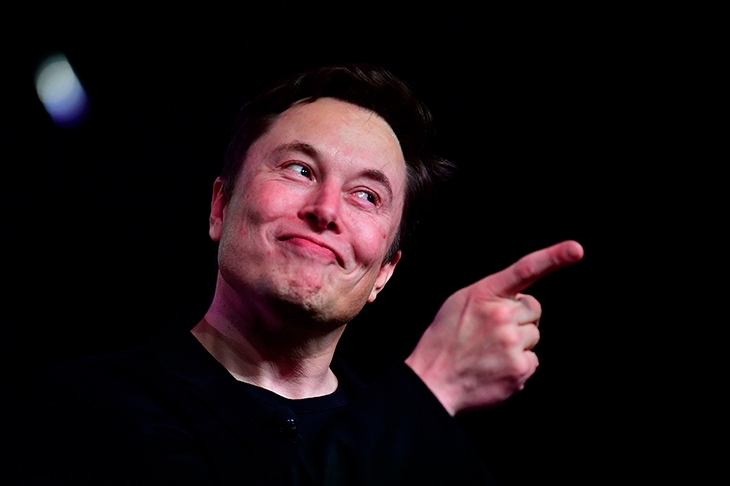
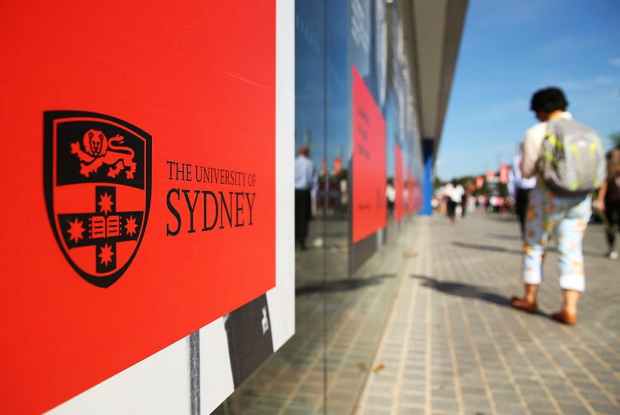
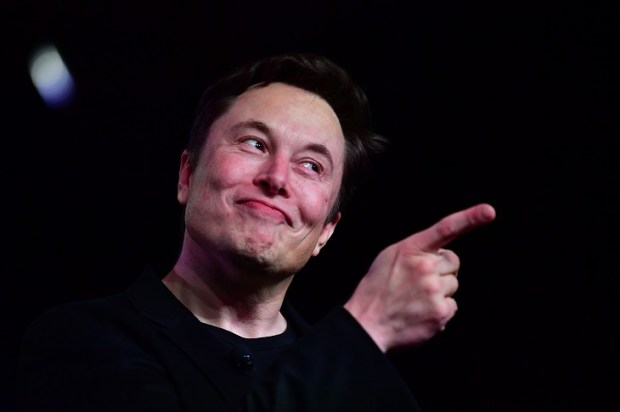


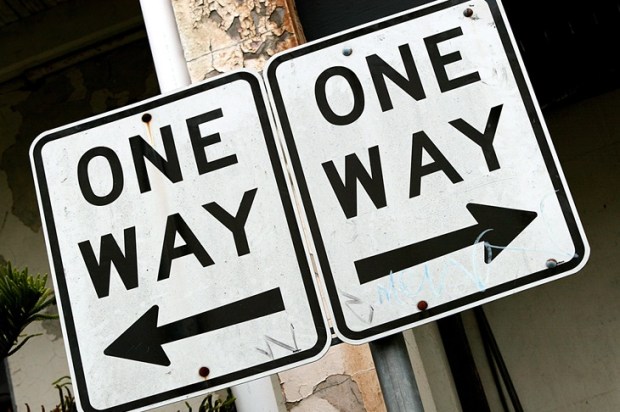
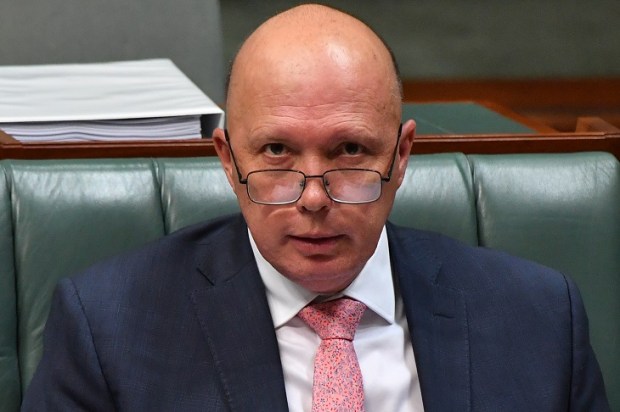

















Comments
Don't miss out
Join the conversation with other Spectator Australia readers. Subscribe to leave a comment.
SUBSCRIBEAlready a subscriber? Log in